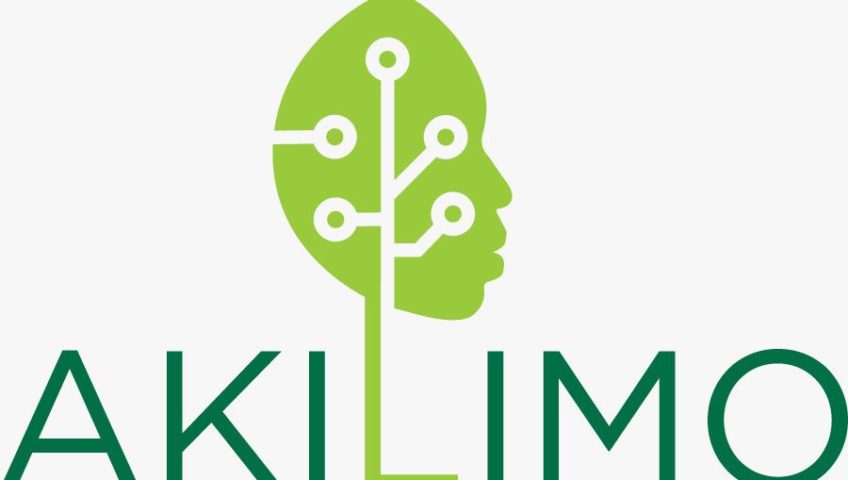The African Cassava Agronomy Initiative (ACAI) of the International Institute of Tropical Agriculture (IITA) has held its 5th Annual Review and Planning Meeting, with partners and project leaders reflecting on the project’s activities, achievements and learnings in the year 2020 and setting key actions points for the year 2021.
The review meeting was held virtually for the first time in the project’s five year-existence, due to the need to abide by the COVID-19 safety measures.
In his keynote address, Dr Geoffrey Mkamilo, Director General of the Tanzania Agricultural Research Institute (TARI) commended the ACAI project for the impact it had made on Tanzania’s cassava sector. He disclosed that the AKILIMO tools, whose development process TARI participated in, will be incorporated into Tanzania’s extension training curriculum, and adopted for the national cassava manual.
Also speaking at the meeting, Prof Chris Daudu, Assistant Director for Research, Planning, Monitoring and Evaluation at the National Agricultural Extension and Research Liaison Services (NAERLS), affirmed the institute’s commitment to take up AKILIMO tools and scale them using the existing NAERLS extension network.
According to him, the site-specific fertilizer recommendations and recommendations for intercropping cassava with maize play right to the needs and demands of the farmers for tools to help improve productivity.
Dr Adeyemi Olojede, Director of Research Outreach Department at the National Root Crops Research Institute (NRCRI) Nigeria, said ACAIhad brought in a new set of good agronomic practices in cassava cultivation in Nigeria and Africa in general while Wiston Mwombek of Farm Concern International, stated that ACAI had generally improved the knowledge and understanding of cassava agronomy.
IITA Directors, Dr Bernard Vanlauwe (Central Africa and Natural Resources); and Dr. Alfred Dixon (Development and Delivery), also hailed the ACAI team, and praised the Project Leader, Dr. Pieter Pypers, for his vision and outstanding leadership. They also noted that the number of students bagging post-graduate degrees on the project testified to the project’s achievement and impact.
Dr Vanlauwe said that “one of the most outstanding highlights for ACAI is that it was the seed to develop Excellence in Agronomy”, while Dixon described ACAI as an embodiment of a lot of good science that is demand-responsive, working with a diverse partnership with impressive delivery.
Dr. Pypers described the annual meetings as “a kind annual family re-union” under the ACAI project.
He however commended the team and partners, saying: “It is such commitment in both small and important occasions that has played a major role in the success that we have achieved in the long run. As we come to the close of the 5th year working together, one cannot help but appreciate the evolution of the project from concept to where we are today. The positive feedback we have received from every quarter is a reflection of all our efforts.”
The ACAI team members and partners made several presentations showing the activities, results and impact of the project for the year 2020. They shared the progress AKILIMO had made and reviewed the feedbacks gotten from the Decision Support Tools.
The Senior Program Officer of the Bill and Melinda Gates Foundation, Dr Christian Witt, expressed optimism that ACAI would continue in a different form and shape under One CGIAR, adding that the new funding obtained for ACAI extension would provide an opportunity to explore stronger collaborations; contribute strongly to the future of the CGIAR System, and have ACAI’s innovations mainstreamed in other initiatives, organizations and projects.

